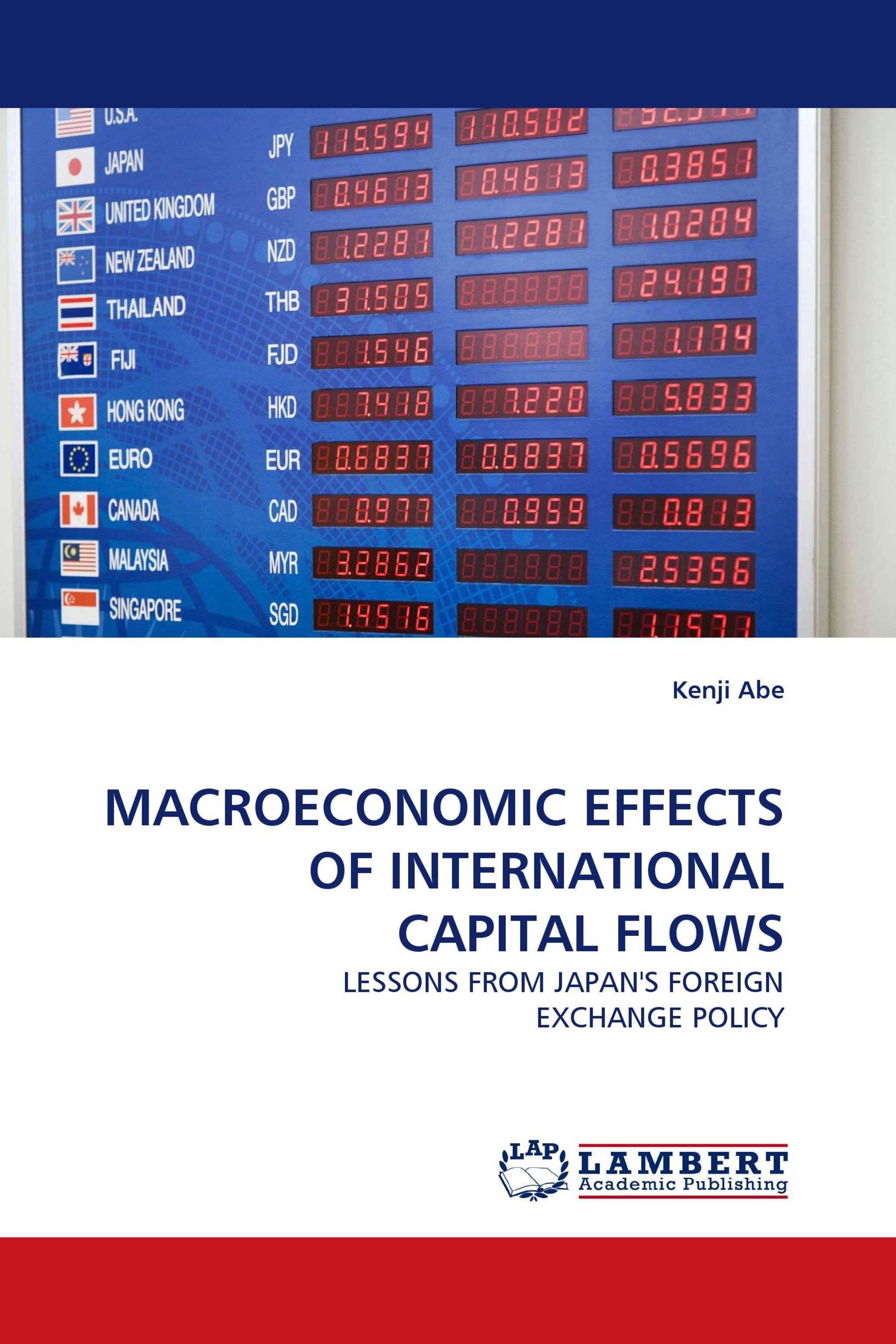MACROECONOMIC EFFECTS OF INTERNATIONAL CAPITAL FLOWS
LESSONS FROM JAPAN''S FOREIGN EXCHANGE POLICY
€ 59,00
The large increases in foreign capital flows coming into the U.S. from foreign central banks have stimulated research as to their effect on U.S. interest rates. This book seeks to shed light on this topic, and analyzes its macroeconomic implications, by examining the experience of Japan''s foreign exchange policy from 2000 to 2005. My analyses find that Japan’s foreign reserve investment in Treasury securities causes U.S. interest rates to fall. This finding implies that Japan''s foreign exchange policy affects the U.S. economy through two channels. One is a traditional channel, whereby the U.S. dollar appreciates against the Japanese yen, thus depressing the U.S. economy; the other channel sees a decline in U.S. interest rates, which has a stimulating effect on the U.S. economy. My simulations show that the stimulating effects brought about by the decline in U.S. interest rates, which have largely been ignored in the literature, offset the depressing effects brought about by the appreciation of the U.S. dollar. This book should be of interest to those interested in international finance at public institutions, financial institutions, and universities.
Book Details: |
|
|
ISBN-13: |
978-3-8383-0571-4 |
|
ISBN-10: |
383830571X |
|
EAN: |
9783838305714 |
|
Book language: |
English |
|
By (author) : |
Kenji Abe |
|
Number of pages: |
148 |
|
Published on: |
2010-05-17 |
|
Category: |
Political science |
